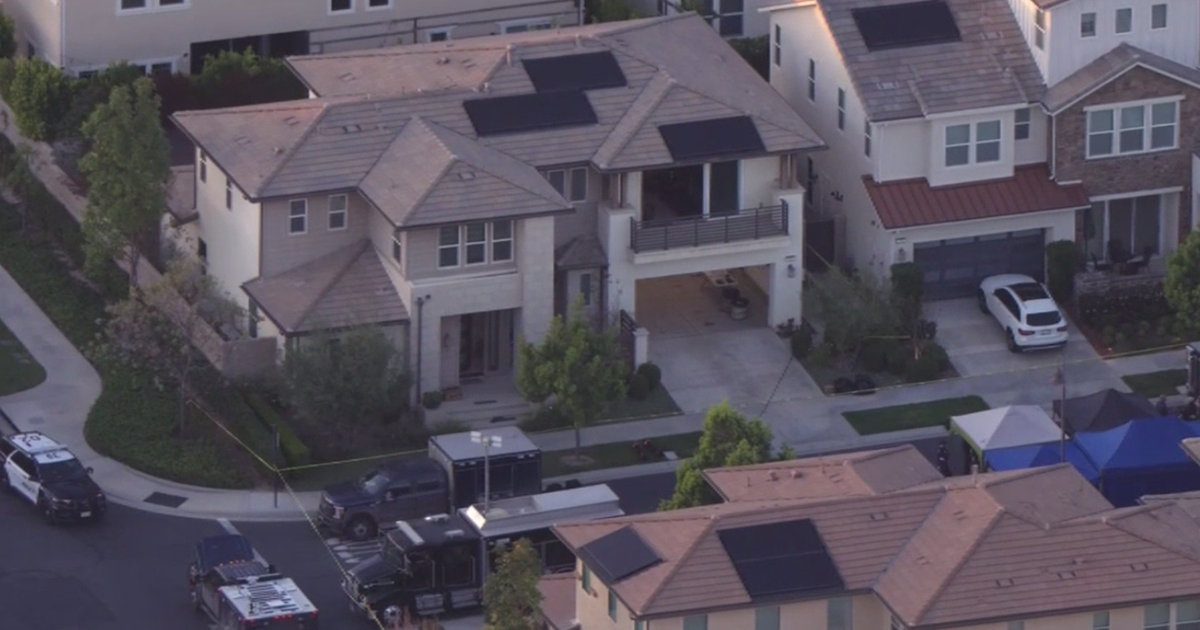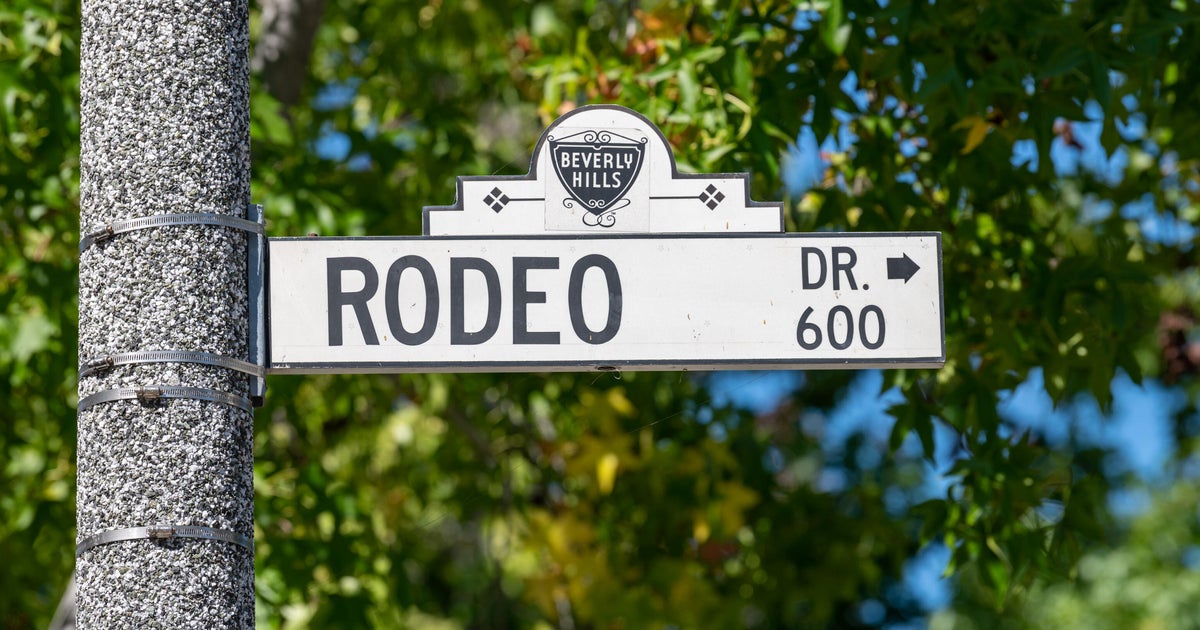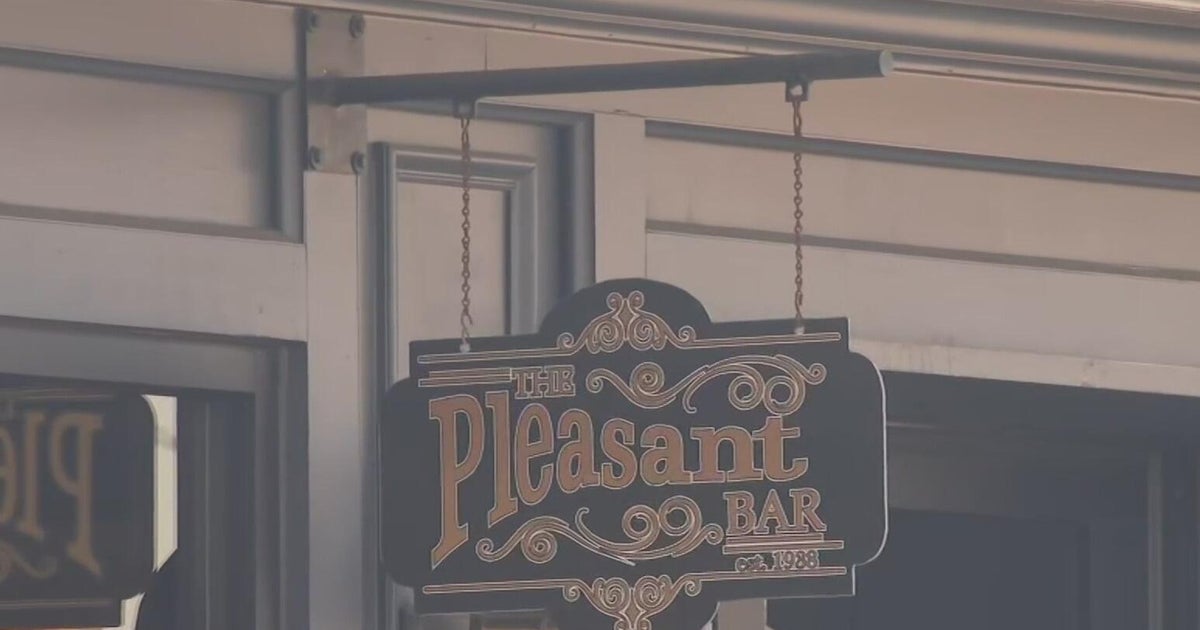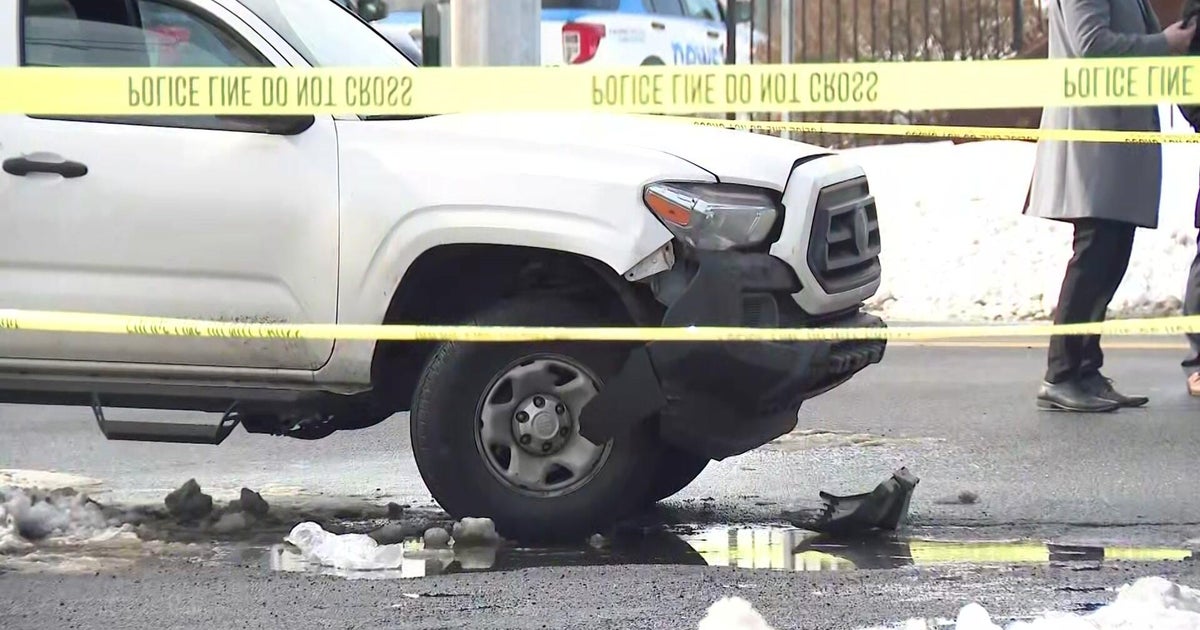Police Outraged By Court Ruling That Bars Them From Collecting DNA Samples
TOWSON, Md. (WJZ)-- A major court decision could change the way police catch criminals in Maryland. It's a ruling that's sparking outrage among public safety officials.
Weijia Jiang has more on the DNA debate.
Police say that ruling makes it easier for repeat offenders to get away with their crimes.
A crime-solving tool is under fire in Maryland, and police say public safety is at stake.
"Our concern about the court's ruling is that it's going to impede us from being able to put certain bad guys behind bars that we've been able to put behind bars," Elise Armacost, spokeswoman for the Baltimore County Police Department, said.
The state's highest court ruled police are no longer allowed to collect DNA samples when they arrest suspects in violent crimes.
Doing that first became legal in 2009 as one of the governor's signature initiatives.
Since then, the state has banked 16,000 samples that led to 58 criminals found, including 34 burglars and eight rapists.
But the American Civil Liberties Union (ACLU) says collecting DNA without a conviction is unconstitutional, even though strip searching, blood sampling and fingerprinting are not.
"DNA, unlike fingerprints, reveals vast amounts of highly private personal confidential information about you," David Rocah of ACLU Maryland said.
The ruling stems from a case in which a man was arrested for assault. Detectives took his DNA and matched him to an unsolved rape case.
The high court says that violates protections against searches without a warrant.
The attorney general disagrees and plans to fight the ruling.
"We're in the 21st century. We have the ability to use DNA to identify precisely who committed a crime in the past. We need that tool," Doug Gansler, Maryland's attorney general, said.
He said the next step is to take the ruling to the U.S. Supreme Court for review.
The court did not address whether the state can retain the samples on file.







